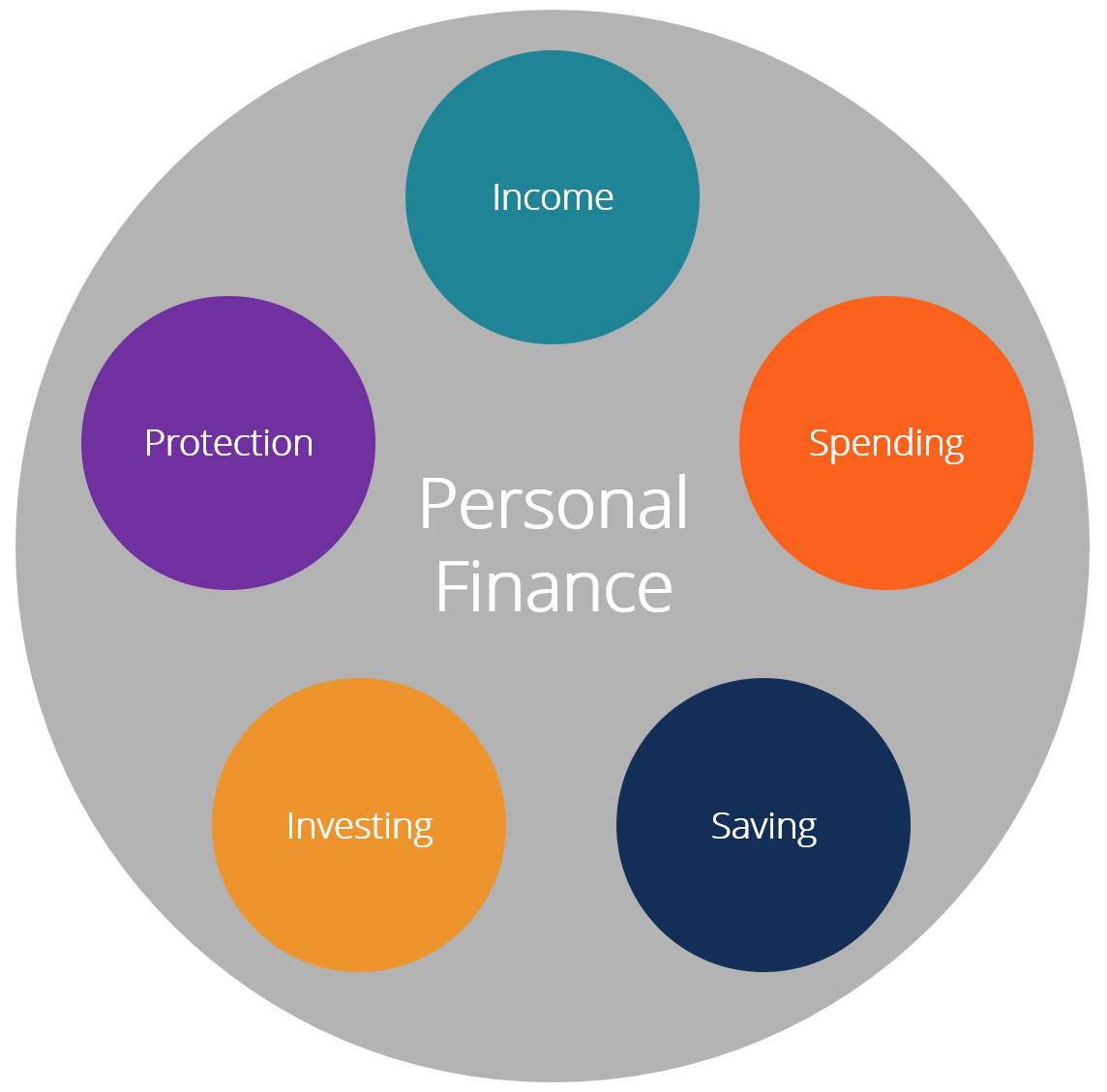
In today’s fast-paced world, managing personal finances has become a crucial skill. Whether you’re a recent graduate just starting your career, a family looking to secure your financial future, or someone preparing for retirement, understanding personal finance is essential. In this comprehensive guide, we’ll delve into the world of personal finance, covering everything from budgeting to investing, and help you make informed decisions about your money.
Understanding Personal Finance
Personal finance encompasses the strategies, principles, and actions individuals take to manage their money effectively. It’s not just about earning and spending; it’s about making informed decisions that align with your financial goals and values.
What is Personal Finance?
Personal finance involves budgeting, saving, investing, and planning for the future. It’s about making your money work for you, so you can achieve financial stability and security.
Why is Personal Finance Important?
Personal finance is vital because it empowers you to:
- Take control of your financial future
- Achieve your financial goals
- Plan for unexpected expenses
- Reduce financial stress
- Build wealth over time
Budgeting Basics
Budgeting is the foundation of personal finance. It’s the process of creating a detailed plan for your income and expenses, helping you manage your money effectively.
Creating a Personal Budget
To create a budget, follow these steps:
- Calculate your total monthly income.
- List your monthly expenses.
- Categorize expenses as fixed (rent, mortgage) or variable (groceries, entertainment).
- Set spending limits for each category.
- Track your spending and adjust your budget as needed.
Tracking Your Expenses
Use budgeting apps or spreadsheets to monitor your expenses. This helps identify areas where you can cut costs and increase savings.
Tips for Effective Budgeting
- Prioritize essential expenses.
- Cut unnecessary spending.
- Save a portion of your income.
- Create an emergency fund for unexpected expenses.
By following these budgeting basics, you’ll have better control over your finances and can work towards your financial goals.
Saving Strategies
Saving money is a fundamental part of personal finance. It provides a financial cushion for emergencies and helps you achieve your long-term goals.
Building an Emergency Fund
An emergency fund is a savings account specifically for unexpected expenses, such as medical bills or car repairs. Aim to save at least three to six months’ worth of living expenses.
Setting Savings Goals
…
Conclusion
In conclusion, personal finance is a vital aspect of modern life. It empowers individuals to take control of their financial destinies, achieve their goals, and secure their futures. By understanding the principles of budgeting, saving, investing, and protecting their assets, people can navigate the complexities of personal finance with confidence.
Remember, personal finance is not a one-size-fits-all endeavor. It requires ongoing learning and adaptation to changing circumstances. Start your journey to financial success today by implementing the strategies and tips outlined in this guide.